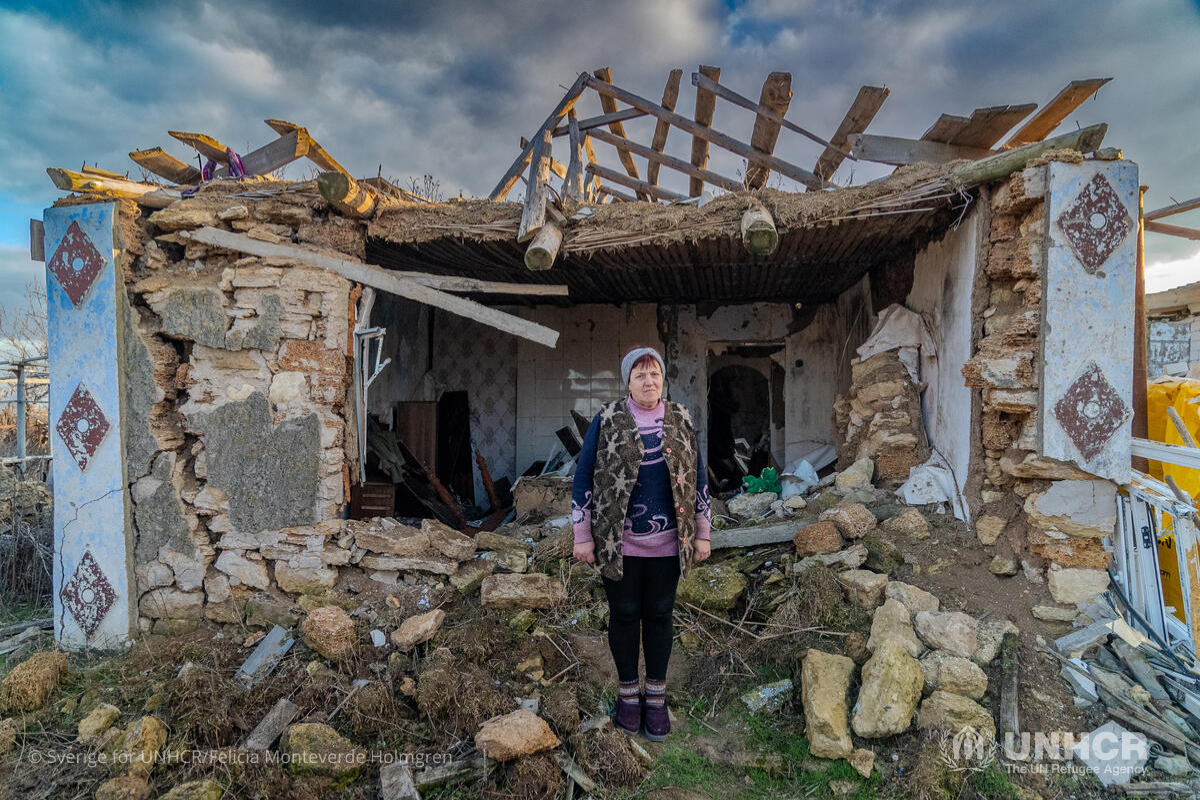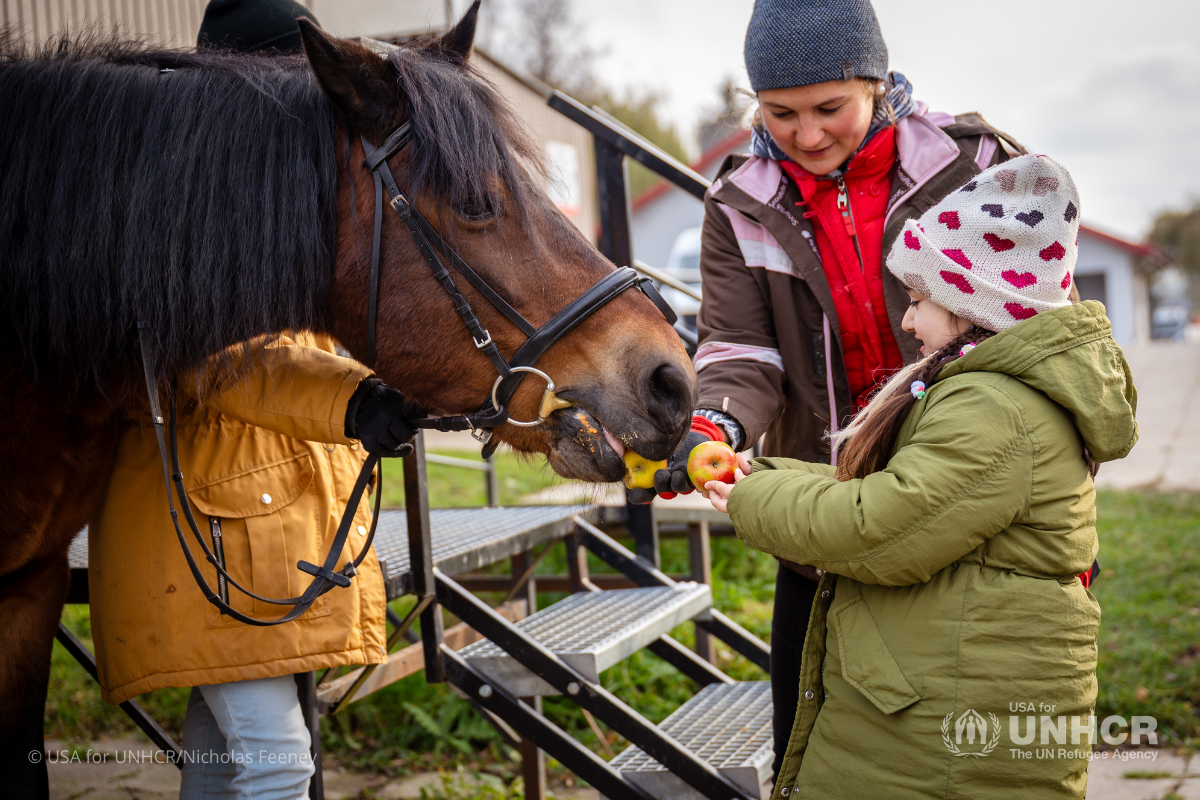Faces of compassion: 6 humanitarians helping asylum seekers at the U.S. southern border
Providing shelter and legal assistance, they're responding to the needs of people who've been forced to flee their homes and arrive in search of safety.
Every day, people fleeing violence and persecution arrive at the United States southern border in search of safety. They are women, men, girls and boys, young and old, in families or on their own. They often need food, water, rest and medical attention. While the U.S. government is responsible for the asylum process, humanitarians step up to meet the most basic needs of these asylum seekers as well as migrants here.
After the asylum process begins, these humanitarians provide a temporary place to stay with food, clothing and medical care. They reunite families. They counsel survivors of trauma and torture. They help to navigate the asylum process. Working through communities, faith-based groups and nonprofit organizations, they lend their support to those who seek to rebuild their lives in safety.
This World Humanitarian Day, we applaud their remarkable efforts, sacrifices and work along the country’s southern border.
With 2022 resulting in a record 110 million people forced from their homes globally, humanitarians play an ever vital role – and it has never been more important to recognize and celebrate them. Here are some of their stories.
"They are humanitarians, lending their support to those who seek to rebuild their lives in safety."
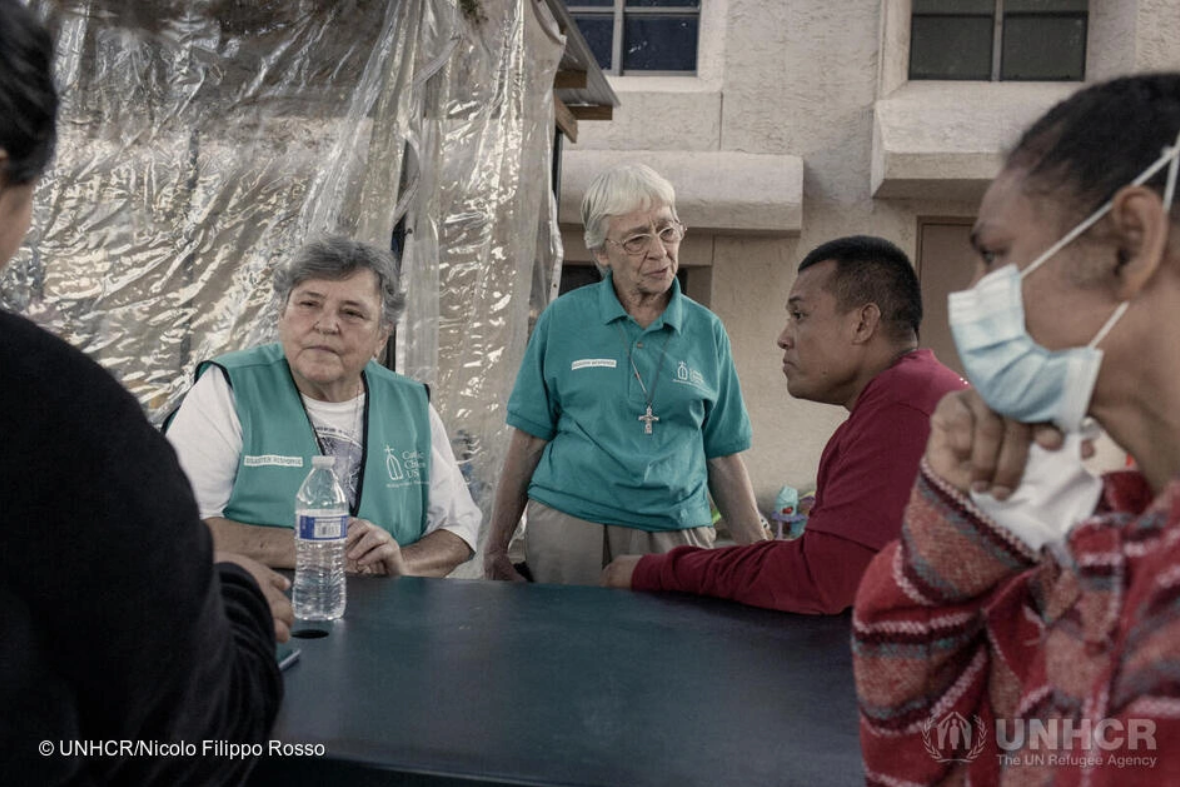
Sister Maria Teresa de Llano and Sister Roseanna Mellert
Catholic Charities of Laredo - La Frontera
Laredo, Texas
Supporting asylum seekers and immigrants who “have been on a journey for miles and miles and days and days” is what gives Sister Maria Teresa de Llano hope and purpose.
“It’s what I live for,” she says.
Sister Roseanna Mellert agrees: “When you’re able to help someone suffering in mind and body, you help them.”
With other Ursuline Sisters, part of a religious order, Sister Maria Teresa and Sister Roseanna reside at a Catholic Charities welcome and respite center providing basic necessities to people after their journeys to safety. When someone arrives, their first priority is to “hydrate them, feed them, give them the clean clothes that they need to take a shower,” and provide anything else that their guests need to “at least feel human for a bit,” says Sister Maria Teresa.
To her, that’s the most important thing. It’s “being able to help other people who really need help. Not to rescue them, but to help them. To treat them with some dignity.”
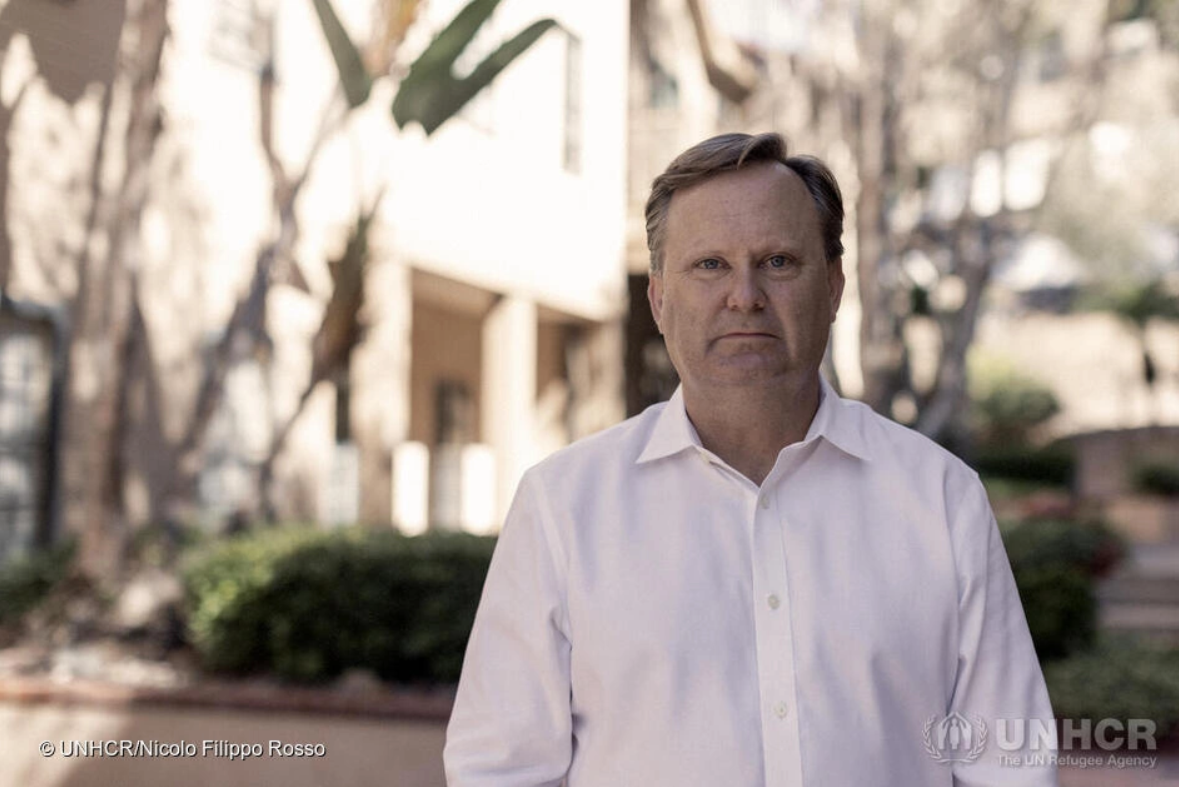
Clint Carney
Survivors of Torture, International
San Diego, California
After a long career in public affairs, Clint Carney was looking to serve his community in a new way by advocating for those that need it the most.
“I wanted something meaningful to really help people,” he says.
Survivors of Torture International is a healing center that provides direct services to survivors of torture from more than 90 countries. The organization was exactly where he wanted to be. As the government affairs advisor, Clint interacts with government officials and staff to advocate on behalf of survivors of torture, including in policy and administrative areas.
Clint wants “people to know that if you’re working with a refugee or an asylum seeker, there’s a large possibility that you’re also working in helping a torture survivor in your community.”
Clint is certain he’s where he’s supposed to be. “These are the strongest people you will ever meet in your life, and they’re really inspiring us to provide the services for them.”
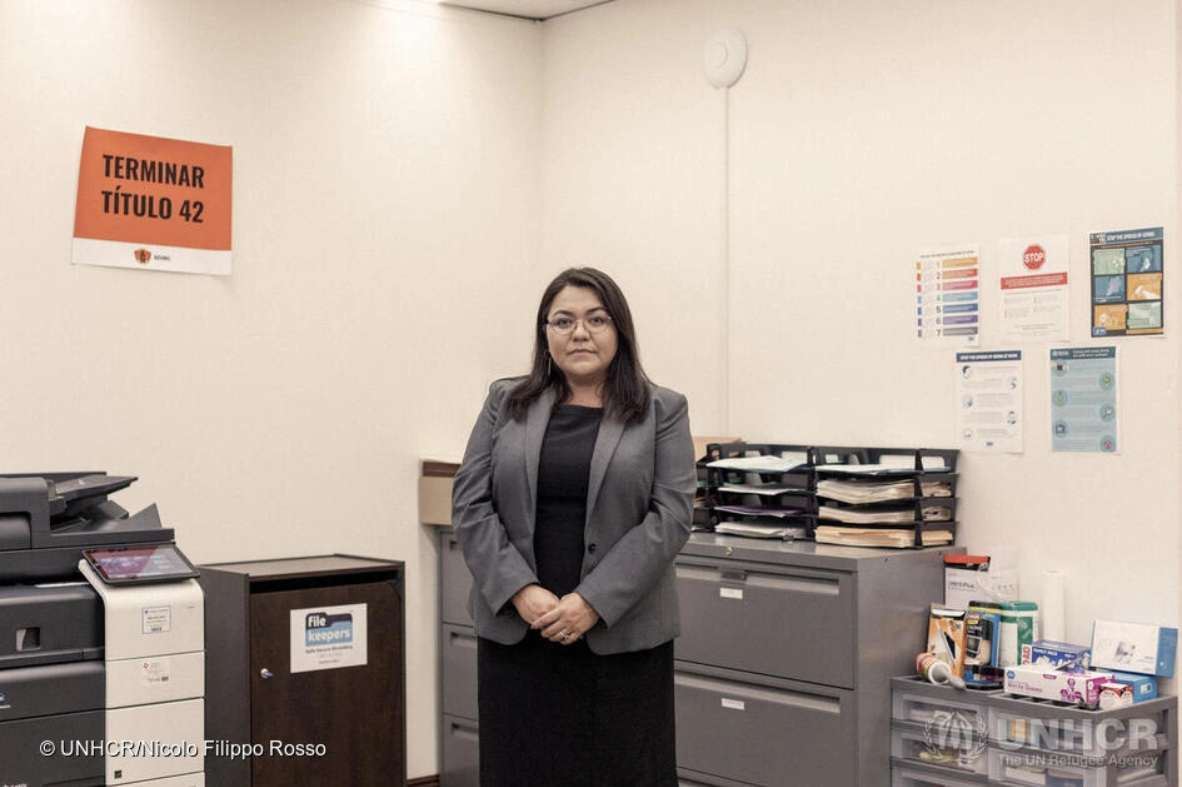
Paulina Reyes-Perariz
Immigrant Defenders Law Center
San Diego, California
Growing up as an immigrant defined Paulina Reyez-Perariz’s desire to support and empower those in similar situations as her. “I came to the United States as a child with my family, and we were provided with resources by community-based organizations and immigrant rights advocates. I just want to do the same for my own community,” she says.
Through her work at the Immigrant Defenders Law Center (ImmDef), Paulina is able to do just that. Along with the other members of the cross-border team, she provides information to asylum seekers at the U.S. southern border and represents them.
“The fact that we can help someone in their asylum case or help someone navigate the asylum system…and the legal system of the United States,” is what makes a difference in people’s lives and the work so rewarding, says Paulina.
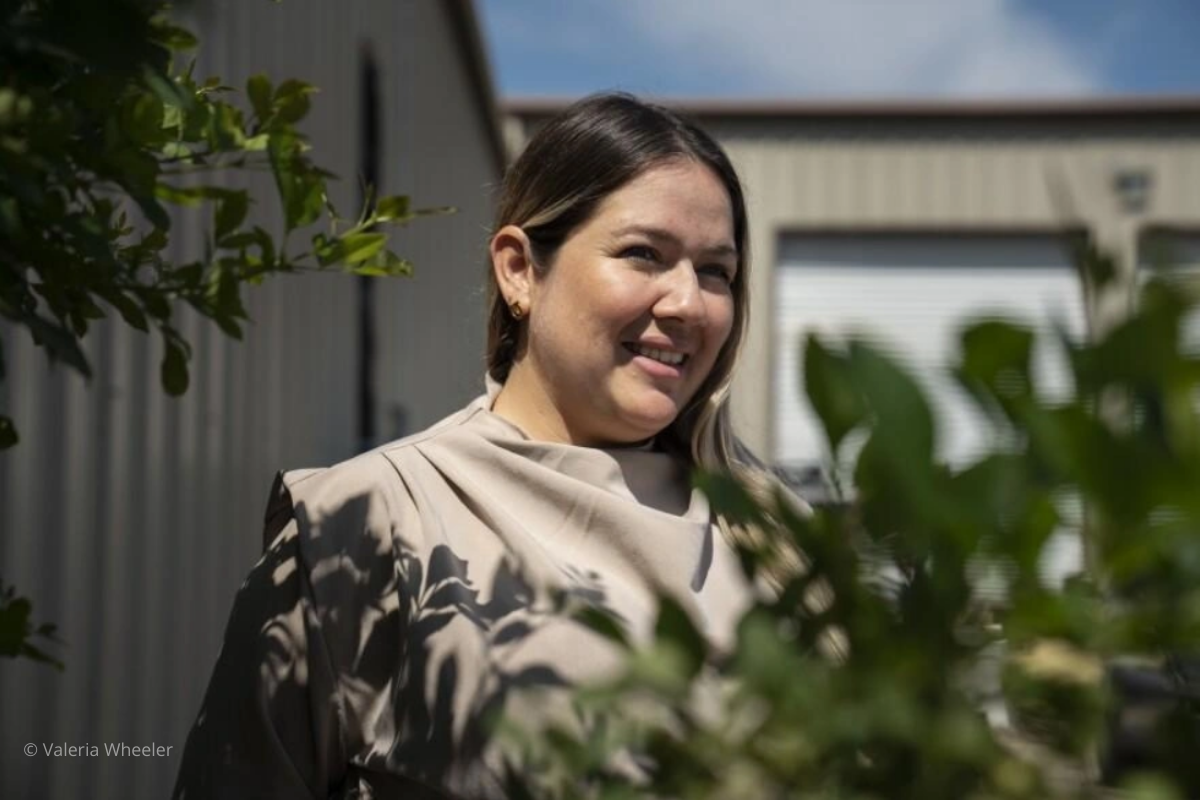
Valeria Wheeler
Mission: Border Hope
Eagle Pass, Texas
Valeria Wheeler, and her team at Mission: Border Hope, are some of the first people to welcome asylum seekers and migrants after they arrive in the United States.
“We receive them. We give them a little orientation. We tell them where they are, what they need to do, how to contact their families,” she says.
In the midst of the challenging process asylum seekers and migrants face, Mission: Border Hope looks to assist with these smaller details to reduce their stress and fear. They provide internet and phone lines so that anybody can communicate with their families. They also have a logistics coordinator that arranges transportation and travel so people “can arrive safe and sound” to their next location.
To Valeria, it’s these moments that make her work so rewarding. “To listen to their stories, I think it’s a blessing…after everything they’ve been through, it feels incredible to know that they trust you.”
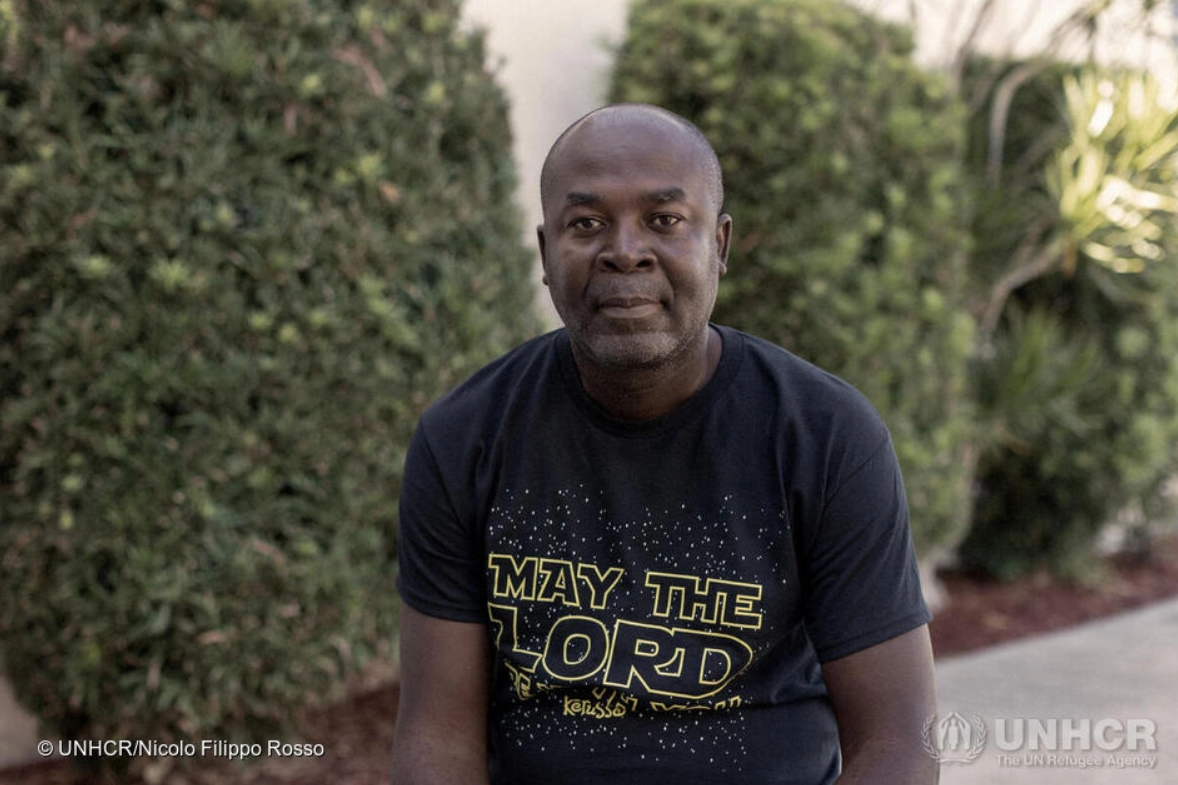
Jimmy Marcelin
Safe Harbors Network
San Diego, California
At any given time, Jimmy Marcelin assists asylum seekers and other vulnerable people in setting up appointments with lawyers, doctors and schools. He’s also finding people housing, driving them to the airport, and helping them buy groceries.
As the operations manager at Safe Harbors Network, underpinned by the United Methodist Church, this is Jimmy’s normal. It’s also what he hopes everyone would do.
“Could you imagine if all of us would open our door to welcome these folks…we would have a better world,” he says.
Safe Harbors opened its doors in 2014, and since then have helped over 30,000 refugees from 32 countries. They don’t plan on stopping any time soon.
On why he does it, Jimmy is sure: “This is what America is all about. This is what unites us.”
Originally reported by UNHCR, The UN Refugee Agency
